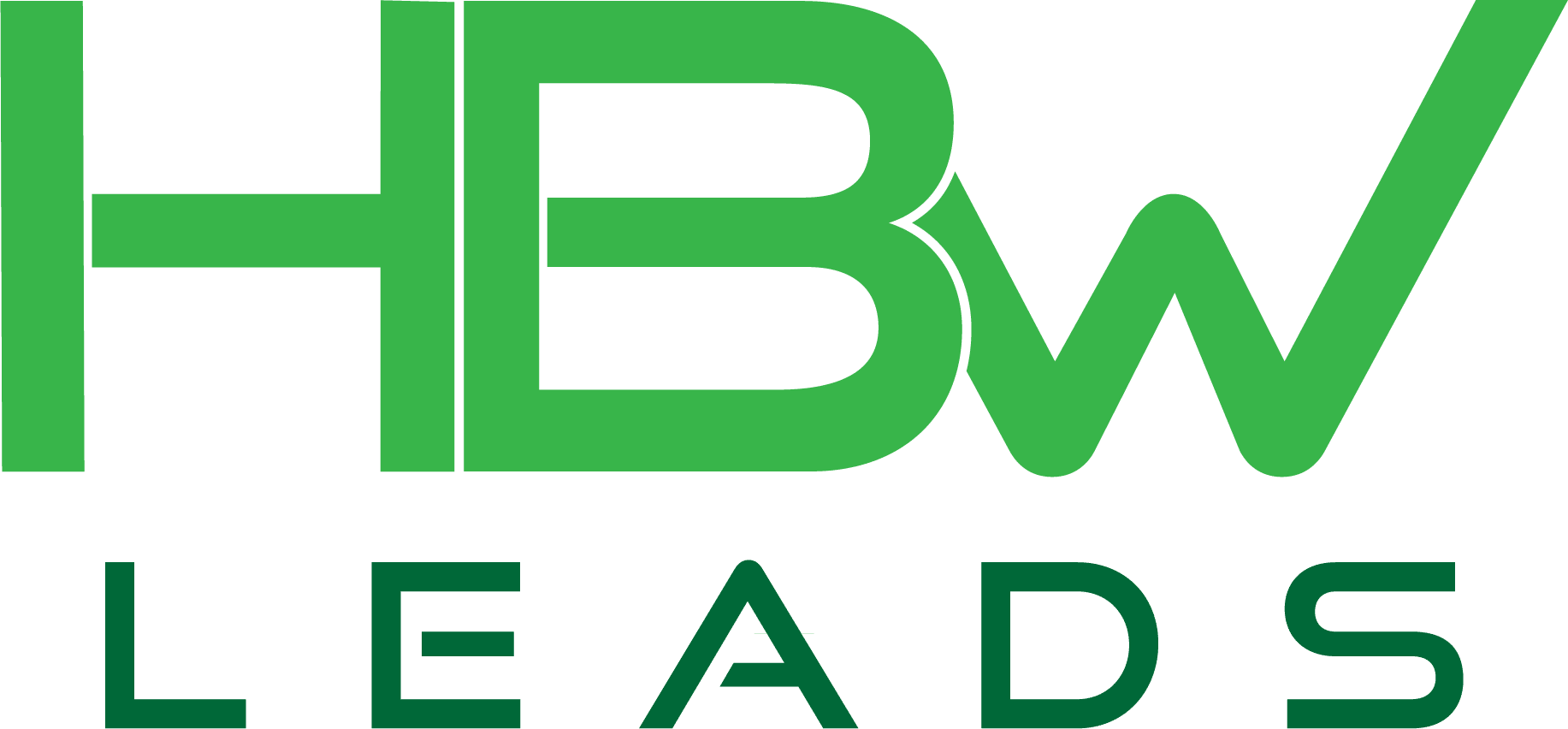When you ignore your insurance compliance management, you run the risk of making these potentially disastrous mistakes.
Owning and managing an auto insurance agency requires meticulous attention to detail, especially regarding insurance compliance management. Regulatory pitfalls abound, and the tiniest oversight can lead to hefty penalties and tarnished reputations. But there’s more to it than just the impacts to your business.
Regulations are in place to help protect consumers from things like identity theft, fraud, and shady business practices. Compliance to industry regulations helps build trust and keeps your customers safe.
Here are nine avoidable insurance compliance management mistakes that every auto insurance agency owner should be aware of and proactively address.
9 Insurance compliance management mistakes you can’t afford to make
1. Neglecting Regular Compliance Training
Regular training is essential to ensure all employees are up-to-date with current regulations and industry best practices. When employees are not trained regularly:
- They might misinform clients.
- They risk non-compliance due to ignorance.
Solution: Schedule periodic training sessions and ensure every staff member, new or old, attends them.
Below are some training resources:
- Professional Associations and Organizations
- National Association of Insurance Commissioners (NAIC): Provides educational opportunities and resources tailored to the insurance sector.
- Dedicated Compliance Training Companies
- There are firms dedicated to providing compliance training services. Examples include:
- Compliance Wave: Provides engaging compliance training resources and tools.
- NAVEX Global: Offers a range of compliance training programs designed to mitigate risk and foster ethical work cultures.
- Government Regulatory Bodies
- Many governmental regulatory bodies offer guidance, workshops, or training resources. For instance, in the U.S.:
- U.S. Department of Insurance: Each state’s department or division of insurance often provides guidelines, resources, and sometimes training related to compliance.
- Webinars and Workshops
- Webinars and workshops, either in-person or virtual, are an excellent way to receive hands-on training and get real-time feedback.
- Insurance Journal’s Academy: Offers webinars on various insurance topics, including compliance.
2. Overlooking Licensing Requirements
Every state has unique licensing requirements for insurance agents. Operating without the appropriate license is illegal and can lead to significant fines.
Solution: Regularly review and renew licenses, and stay informed about changes in licensing requirements in all states where your agency operates.
3. Failing to Keep Accurate Records
In the insurance world, documentation is everything. A failure to maintain accurate records can lead to disputes, legal challenges, and compliance violations.
Solution: Implement a robust record-keeping system and regularly audit files to ensure accuracy and completeness.
4. Not Regularly Reviewing Contracts and Agreements
Contracts with clients, third-party providers, and vendors must align with current regulations. Outdated contracts can lead to compliance breaches.
Solution: Periodically review all contracts and ensure they align with the latest legal and regulatory standards.
5. Ignoring Cybersecurity Best Practices
Cybersecurity is paramount given the amount of personal data auto insurance agencies handle. A breach can lead to financial penalties and a loss of trust.
Solution: Regularly update security protocols, educate staff about phishing and other cyber threats, and invest in high-quality cybersecurity tools.
Here are some other solutions for beefing up your cyber security
- Use Intrusion Detection Systems (IDS) and Intrusion Prevention Systems (IPS) to monitor network traffic, detect suspicious activities, and block potentially harmful traffic. These systems act as vigilant sentinels, identifying and countering threats in real time.
- Advise employees to use Virtual Private Networks (VPNs). For remote access to company resources, use VPNs to create a secure and encrypted communication channel, ensuring that data transmission remains confidential.
6. Lax Monitoring of Advertising and Marketing Campaigns
All marketing materials must be transparent, honest, and not misleading. Overlooking this aspect can lead to misrepresentation complaints.
Solutions: Have a review process in place where every piece of marketing material, whether digital or print, undergoes a compliance check.
Modern marketing platforms come with robust analytics features. Tools like Google Analytics and Facebook Insights provide in-depth metrics on campaign performance. Regularly reviewing these analytics ensures you know how campaigns perform in real-time.
- Weekly or Monthly Performance Reviews: Set aside dedicated time, either weekly or monthly, to review the performance of all active campaigns. This ensures a consistent and structured approach to monitoring progress and making necessary adjustments.
- Use Marketing Dashboards: Tools like Tableau or Google Data Studio allow you to create customized dashboards that display key metrics. With a dashboard, you can get an overview of how campaigns perform.
7. Not Keeping Abreast with Changing Regulations
Insurance regulations are ever-evolving. Being unaware of a new rule or change is not an excuse in the eyes of the law.
Solution: Subscribe to regulatory newsletters, join industry associations, and attend workshops to stay updated.
8. Failing to Address Customer Complaints Promptly
Ignoring or delaying responses to customer complaints is terrible for business and can lead to regulatory scrutiny.
Solution: Have a dedicated team or process to address and resolve complaints promptly and satisfactorily.
9. Underestimating the Importance of Regular Compliance Audits
Even with all measures in place, occasional oversights can occur. Without regular audits, these mistakes can go unnoticed and compound over time.
Solution: Schedule regular compliance audits, preferably with third-party experts who can provide an unbiased view.
Conclusion
In the competitive world of auto insurance, maintaining impeccable compliance standards is not just about avoiding fines – it’s about upholding a reputation of trustworthiness and integrity. By steering clear of these nine common pitfalls, agency owners can ensure their insurance compliance management has the company primed for success in an industry where trust is paramount.
Need leads? Our leads are pre-qualified, so all the hard prospecting work is done for you. Your team will be sending out more quotes in no time. So sign up for HBW Leads today!


